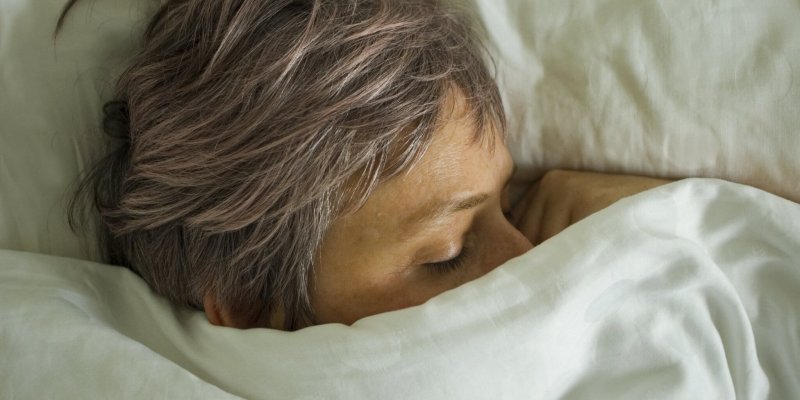Neuroscientist Barbara Bendlin studies the brain as Alzheimer’s disease develops. When she goes home, she tries to leave her work in the lab. But one recent research project has crossed into her personal life: She now takes sleep much more seriously.
…
Bendlin’s studies are part of a modest but growing body of research suggesting that a sleep-deprived brain might be more vulnerable to Alzheimer’s disease. In animal studies, levels of plaque-forming A-beta plummet during sleep. Other research suggests that a snoozing brain runs the “clean cycle” to remove the day’s metabolic debris — notably A-beta — an action that might protect against the disease. Even one sleepless night appears to leave behind an excess of the troublesome protein fragment.
…
[Neurologist David Holtzman] thinks Alzheimer’s disease is a kind of garbage collection problem. As nerve cells, or neurons, take care of business, they tend to leave their trash lying around. They throw away A-beta, which is a leftover remnant of a larger protein that is thought to form connections between neurons in the developing brain, but whose role in adults is still being studied. The body usually clears away A-beta.…
Perhaps Alzheimer’s doesn’t just make it hard to sleep. Perhaps interrupted sleep drives the development of Alzheimer’s itself.
Read full, original post: The brain may clean out Alzheimer’s plaques during sleep































